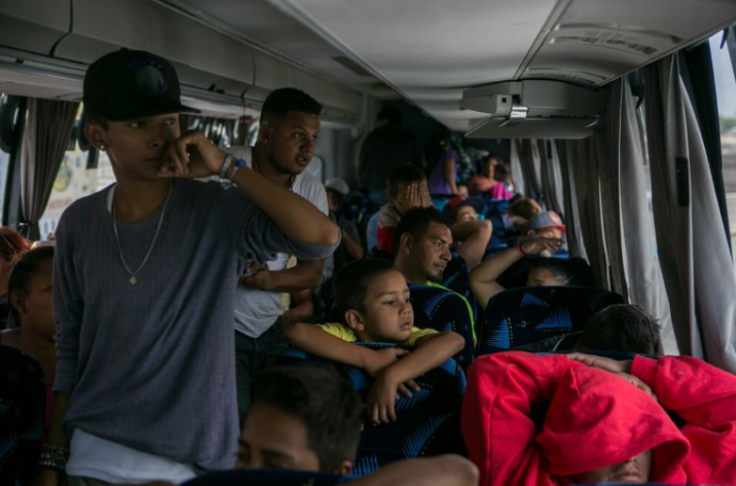
SEATTLE - In a news release on July 12, the U.S. Department of State emitted a new travel advisory for the cities of Matamoros and Reynosa due to recent kidnappings for ransom targeting U.S. citizens and residents.
The U.S. Consulate General in Matamoros continues to receive reports of organized kidnappings occurring on intercity buses departing Reynosa, Tamaulipas and this week, the U.S. Department of State reinstated the need for a Level 4 alert warning people to not travel due to the high crime rates in the area.
United States' authorities detailed that the majority of the kidnappings are taking place at night and intercity buses operated by the transportation company Omnibus are being targeted. They also added that kidnappers are directing attacks to passengers with connections to the U.S., including citizens and residents.
Victims of the attacks have reported their belongings and documents stolen, bank accounts emptied as well as their families being extorted or forced to pay ransoms of thousands of dollars.
The U.S. Consulate advises travelers to be aware of their surroundings, notify friends and family of plans.. From 2013 to 2022, of the nine sectors into which Border Patrol divides the border, the Texas' Rio Grande Valley, which lies across Tamaulipas, saw more migrant crossings than any other sector.
The Tamaulipas border has become a very dangerous zone for migrants seeking asylum in the United States. Organizations such as Doctors Without Borders reported a 70% increase in sexual violence consultations with migrants in the last three months of 2023 and, in January 2024, they saw 28 cases, more than in any month of 2023.
Crimes such as kidnappings have ramped up in recent years, In 2021 and 2022, Mexican officials recorded just 55 cases of migrant kidnappings nationwide, although they reportedly "rescued" more than 2,000 migrants from human smugglers in 2022. In contrast, during that same two-year period, Human Rights First, a non-governmental human rights organization, reported thousands of kidnappings or attempted kidnappings.
"Kidnappings were always known, but they were not as normal as they are now," a religious worker told WOLA, a non-governmental organization that promotes human rights, democracy and social and economic justice in Latin America and the Caribbean. "They're dragging people out of their tents at night, they're taking entire families," he added.
In total, six Mexican states are currently labelled in the Level 4 - Do Not Travel list (Colima, Guerrero, Michoacan, Sinaloa, Zacatecas and Tamaulipas). The alert for Tamaulipas was made official last month, as kidnappings were already being reported to the U.S. Consulate General in Matamoros.
© 2025 Latin Times. All rights reserved. Do not reproduce without permission.





